HEALTH
663 million people globally lack access to safe water supply sources with 350 million people in Africa alone affected everyday. The health implications are staggering. 2 million people die every year due to water-borne diarrheal diseases, most of them children under the age of 5. The World Bank estimates that water-related illnesses kill more African children under age five than HIV/AIDS, malaria, and measles combined.
EDUCATION
Water scarcity in Africa prevents many young children, especially girls, from attending school and receiving an education as they are expected to aid their mothers in water retrieval and household chores. A lack of clean water means the absence of sanitary facilities and latrines in schools, resulting in absenteeism 10-20 % among girls who have reached puberty. Adequate investment in drinking water and sanitation facilities would result in 272 million more school attendance days per year.
WOMEN AND GIRLS
Women and girls are disproportionally burdened by scarcity of clean drinking water. In most African societies, women are seen as the collectors, managers, and guardians of water for household chores like cooking, washing, and child rearing. Because of these traditional gender labor roles, women spend around 60% of each day collecting water, which translates to approximately 110 million collective work hours every day and a decrease in the amount of time available for education, income generating activities, house-work, or childcare.
WOMEN EMPOWERMENT
The detriment water scarcity has on educational attainment for women in turn affects the social and economic capital of women in terms of leadership, earnings, and working opportunities. The lost number of potential school days and education hinders the next generation of African women from breaking out of the cycle of unequal opportunity for gainful employment, which serves to perpetuate the prevalence of unequal opportunity for African women and adverse effects associated with lacking income from gainful employment. With safe water nearby, women are free to pursue new economic opportunities and improve their families' lives.
COMMUNITY DEVELOPMENT
Access to clean water and sanitation not only improves quality of life, but also brings tangible health and economic benefits and contributes to poverty reduction. The UN estimates that Sub-Saharan Africa alone loses 40 billion potential work hours per year collecting water. The rate of return on spending on water and sanitation can exceed other public investments such as infrastructure, transport, health or education.






